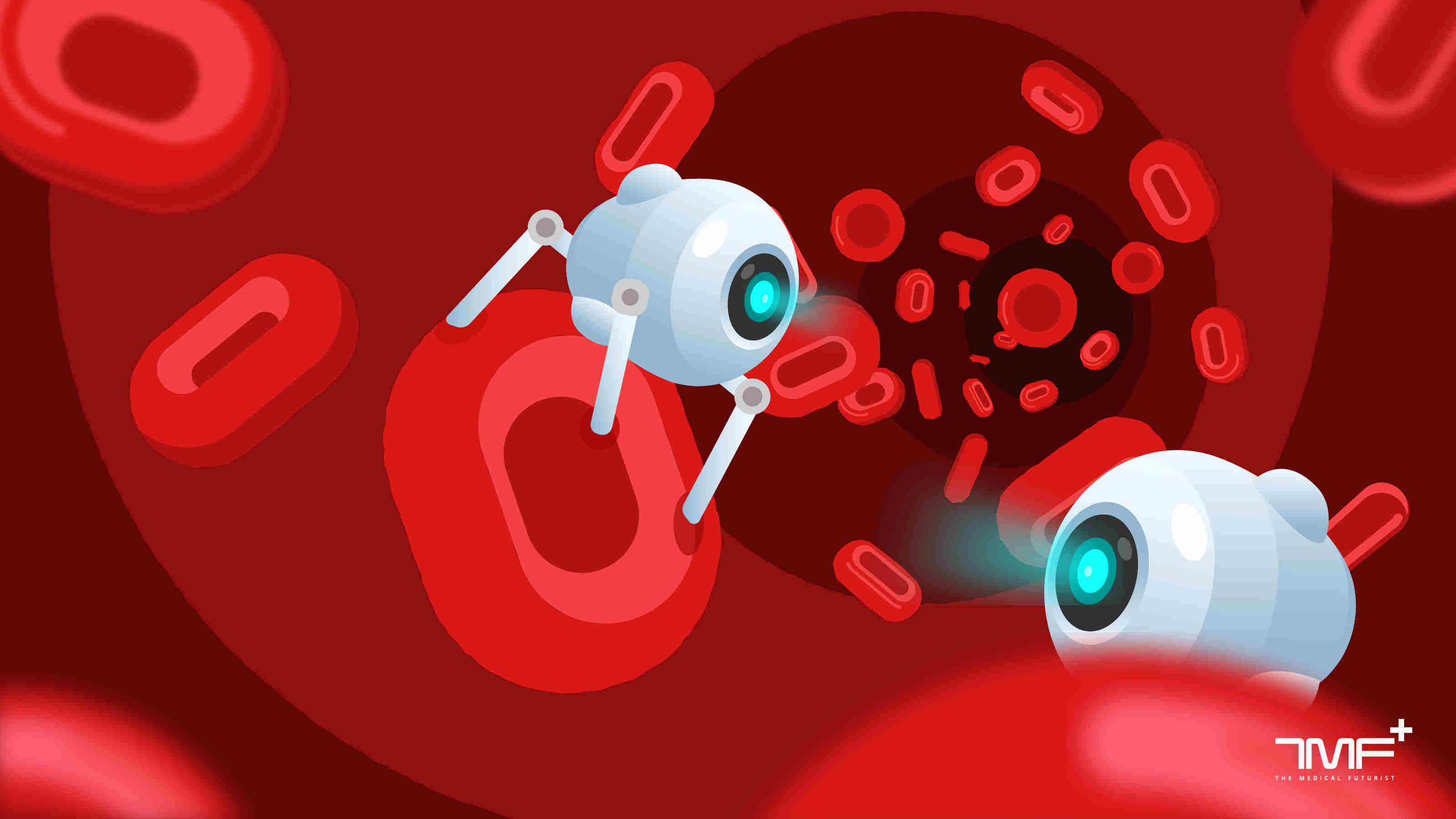
@ShahidNShah


According to sensationalist reports diseases will soon be a thing of the past thanks to AI nanobots in medicine. But how close are we?
Read on medicalfuturist.com
The article discusses the futuristic concept of AI-equipped nanobots that could revolutionize healthcare by enabling early disease detection, cellular-level treatment, and enhancement of physical and cognitive abilities. Despite the exciting possibilities, the author highlights significant challenges hindering the realization of this technology within the next decade:
Technological Limitations: Miniaturizing components to a nanoscale while ensuring sufficient power for operation and communication poses immense technological challenges. Current examples exist only on a microscale, and the required technology is lacking.
Biocompatibility and Safety Issues: Ensuring nanobots are biocompatible and do not provoke an immune response is a significant challenge. Unintended interactions with biological systems, such as clotting or inflammation, could lead to serious health consequences.
AI and Robotics Development Stage: Current AI and robotics technologies are not advanced enough to autonomously perform complex tasks inside the human body, especially at the nanoscale. Further development is needed to handle the unpredictable and complex environment of the human body.
Ethical and Regulatory Concerns: Privacy, consent, and potential misuse pose ethical challenges. Regulatory bodies like the FDA would require extensive testing and trials to ensure safety and efficacy, involving a long and rigorous process.
Cost and Accessibility: The development and deployment of AI-equipped nanobots would be extremely expensive, raising concerns about equity and justice in healthcare. Even if the technology were available, it might not be accessible to the majority of the population.
Despite the enthusiasm for a future where diseases are eradicated and human capabilities are enhanced, the author suggests that the integration of AI and nanotechnology in the form of nanobots in our bloodstream is not imminent. Advances in related fields such as nanotechnology, biotechnology, and AI are deemed necessary before such a complex and ambitious project becomes feasible.
Continue reading at medicalfuturist.com
After our recent event about delivering healthcare at home, we caught up with Robin to answer our audiences insightful questions.Read on healthcaretransformers.com
Posted Nov 30, 2023 Home Health
Connecting innovation decision makers to authoritative information, institutions, people and insights.
Medigy accurately delivers healthcare and technology information, news and insight from around the world.
Medigy surfaces the world's best crowdsourced health tech offerings with social interactions and peer reviews.
© 2025 Netspective Foundation, Inc. All Rights Reserved.
Built on Dec 17, 2025 at 12:37pm